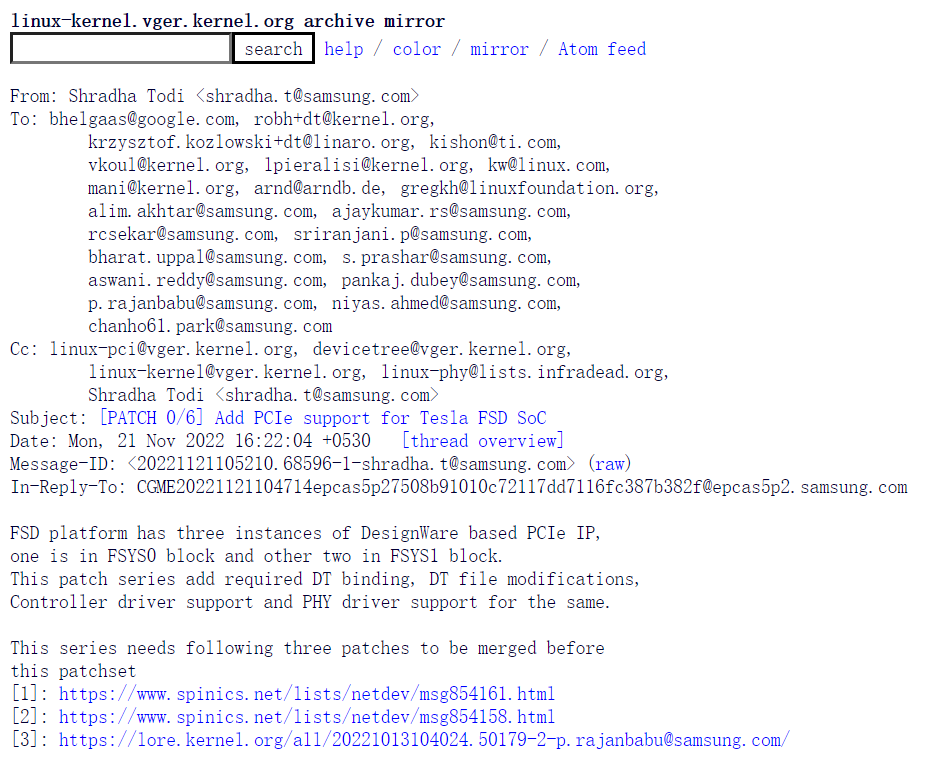tesla-fsd-soc-linux-pcIe
Samsung engineers released a Linux patch earlier this year to enable Tesla’s Full Self-Driving “FSD” SoC in the mainline Linux kernel. Linux 5.18 supports the initial Tesla FSD SoC, and some other support work has continued since then, such as media functions. The latest open-source, upstream-focused Tesla FSD SoC work is all about enabling PCIe functionality, according to tech site Phoronix.
This week, a Samsung engineer released a six-patch set totaling 2,000 lines of code to get PCI Express to work with the mainline kernel’s Tesal FSD SoC.
The FSD platform uses three PCIe controller instances derived from DesignWare IP.One is in the FSYS0 block and the other two are in the FSYS1 block. This series of patches adds required DT bindings, DT file modifications, controller driver support, and PHY driver support.

As this ongoing Tesla FSD SoC support work continues in the Linux kernel, PCIe patchCurrently under review.
Tesla’s FSD SoC, which debuted in 2019, is manufactured on a 14nm process and features a dozen Cortex-A72 cores, a Mali G71 GPU, two neural processing units, and various other additional IP blocks. Over the past year, Samsung, which developed the SoC in partnership with Tesla, has been working to incorporate many of the related patches into the Linux kernel.
Presumably they’re still working on this now to reduce some of their technical debt, and the need to carry so many out-of-tree patches; those patches might be hard to retarget to new LTS kernel releases, etc. .
#Samsungs #latest #Linux #upstream #effort #Teslas #FSD #SoC #PCIe #support